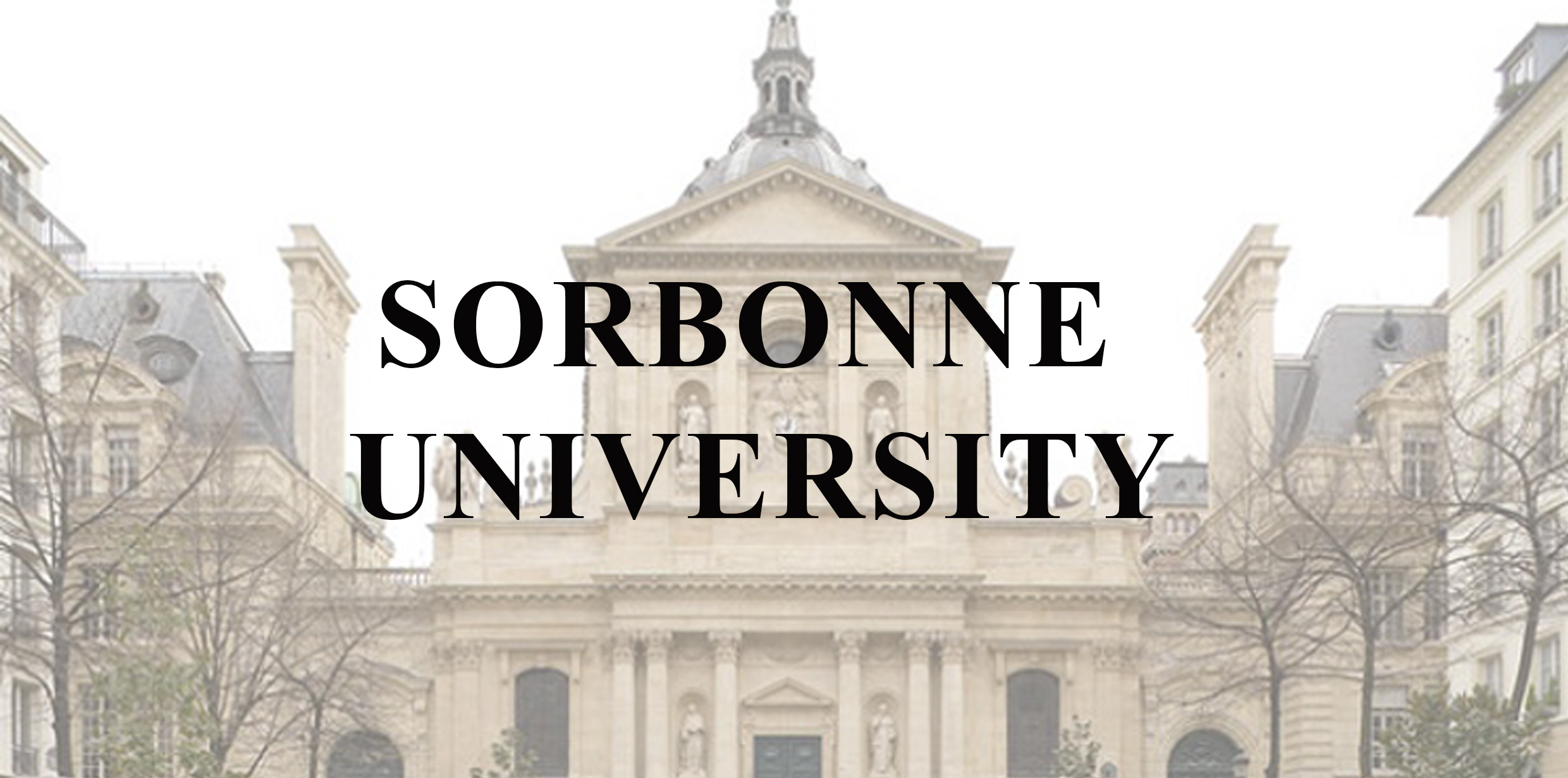Call Us Now
ABOUT FRANCE

France is the heart of Europe and its largest country. It is bordered to the north by the English Channel (La Manche), the northeast by Belgium and Luxembourg, the east by Germany, Switzerland and Italy, the south by the Mediterranean (with Monaco as a coastal enclave between Nice and the Italian frontier), the southwest by Spain and Andorra, and the west by the Atlantic Ocean. The French republic includes the island of Corsica, southeast of Nice, and made up of two départements. The country has some 2900km (1800 miles) of coastline.
In the Alps near the Italian and Swiss borders is western Europe’s highest point – Mont Blanc (15,781 ft; 4,810 m). The forest-covered Vosges Mountains are in the northeast, and the Pyrénées are along the Spanish border, while the country has four river basins – the Seine, the Loire, the Garonne and the Rhône. France operates on CET (Central European Time), which is GMT + 1.
Language
French is the official language, but there are many regional dialects. Basque is spoken as a first language by some people in the southwest, and Breton by some in Brittany. Corsican, closely related to Italian dialect, is spoken by those in Corsica. Many people, particularly those connected with tourism in the major areas, speak good English.
Climate
The climate in France varies according to region. There is a temperate climate in the north, while northeastern areas have a more continental climate with warm summers and colder winters. In the North, rainfall is distributed throughout the year with some snow likely in winter. The Jura Mountains have an alpine climate, while Lorraine, sheltered by bordering hills, has a relatively mild climate.
A Mediterranean climate exists on the Riviera, and in Provence and Roussillon. Weather in the French Alps is variable, with mild sunny summers and heavy snow in winter. Continental weather is present in Auvergne, Burgundy and the Rhône Valley. Very strong winds (such as the Mistral) can occur throughout the entire South.
The Atlantic influences the climate of the western coastal areas from the Loire to the Basque region; the weather is temperate and relatively mild with rainfall distributed throughout the year. Summers can be very hot and sunny. Inland areas are also mild and the French slopes of the Pyrénées are reputed for their sunshine record.
Currency
France is one of 12 European Union countries whose common official currency is the euro (€). 1 euro is divided into 100 cents. The coins come in denominations of 1, 2, 5, 10, 20 and 50 cents, and 1 and 2 euros. The notes are differentiated by their size and colour and come in denominations of 5, 10, 20, 50, 100, 200 and 500 euros.
STUDY IN FRANCE

To put it simply, the French higher education system is one of the best in the world. It is also one of the most accessible ones. With low tuition fees, studying in France is more economical for international students. French universities are near the top of renowned university rankings each year. Their institutions offer an education that easily competes with other countries.
France is particularly a good choice for those wanting to study business related subjects. The country is a hub for international business and management education, and has lots of business schools in the worldwide rankings.
France has 71 public universities and they are all funded by the national government, offering excellent education at a very affordable price to all students, domestic or international. There are also a number of private universities (grandes écoles). The academic year begins in September or October and ends in May or June, depending on the program and institution. There are two semesters, divided by a break following final examinations at the end of the first semester. There are two main types of courses offered at French universities: large lecture courses, where the professor speaks and students take notes, and sections & labs, designed for smaller groups of students where the material covered in lectures is explored in greater detail. Usually, attendance in sections & labs is mandatory. Some career-oriented programs also require internships and practical training.
When it comes to degrees, French universities use a format popular throughout EU: licence, master, doctorate. Licence refers to undergraduate studies and it lasts for 6 semesters (3 years), with 180 ECTS earned. Master studies last for an additional 4 semesters (2 years), for a total of 5 years of study and 300 ECTS earned. Doctorate can be obtained after the additional 6 semesters (3 years). Find out what the ECTS is from Anna, our study abroad expert. It’s also important to know that every university has an internship referral system and a career services office. This means you will always know of the most recent internship and job opportunities available to you.
MAJOR UNIVERSITIES IN FRANCE

The historic University of Paris (French: Université de Paris) first appeared in the second half of the twelfth century, but was in 1970 reorganized as 13 autonomous universities (University of Paris I–XIII). The university is often referred to as the Sorbonne or La Sorbonne after the collegiate institution (Collège de Sorbonne) founded in 1257 by Robert de Sorbon, but the university as such was older and was never completely centered on the Sorbonne. Of the thirteen current successor universities, four have a presence in the historical Sorbonne building, and three include "Sorbonne" in their names.

The vision of Université PSL was born out of the long intellectual and scientific history of its schools, which decided to join forces and build a common future in order to create a radical new institution. Wholly committed to excellence in education, training and research, PSL is a global university, which aims to reflect, represent and influence society today and the world of the future in all its diversity. The university’s collegial ethos is a major asset, ensuring that dialogue takes place between all areas of knowledge, innovation and creativity in science, humanities, social sciences, arts and engineering.

Sorbonne University in Paris (Sorbonne Université in French) is the result of the merger on January 1st 2018 of Paris 6 UPMC and Paris 4 Sorbonne. Sorbonne University is one of the largest and best universities in France and in the world, in the field of Arts, Languages, Letters, Humanities and Social Sciences. 21,000 students in initial training and 2,615 in continuing education, 2,059 staff including 1,237 teachers, research professors and researchers and 822 support staff, 92 degrees offered, 18 training and research units, 2 schools: Celsa and Espé, 16 sites in the region, 7 doctoral schools.

Université Paris-Saclay brings together ten constituent faculties and institutes (5 faculties, 3 University Institutes of Technology and a University Engineering School and an Observatory of the Sciences of the Universe), four component-institutions (AgroParisTech, CentraleSupélec, Institut d'Optique Graduate School, ENS Paris-Saclay), a recognised non-profit research organisation (IHES), two member-associated universities (UVSQ and UEVE), and laboratories shared with major national research organisations (CEA, CNRS, Inrae, Inria, Inserm, and Onera). It offers a complete and varied range of training courses from undergraduate degrees to PhDs, recognised for their quality thanks to the reputation and commitment of its teaching staff.
| Annual Tuition Fee range | EUR 7,000-15,000 per annum |
|---|---|
| Living Expense | EUR 10,000-12,000 per annum |
| Minimum Academic requirement | 50%-55% |
| Age Limit to apply | No |
| Scholarships | Based on academics |
| IELTS waiver possibility | Yes(for some universities - details updated on CF) |
| Part time wage | EUR 7 - 10 per hour - knowledge of local language preferred |
| Part time hours | 20 |
| Stay Back Duraton | Bachelors-No stayback Masters 2 years (RNCP certified courses) |
| Non justifiable gap accepted | No |
| Justifiable gap accepted | Yes - the student should be below 25 years for Bachelors and below 30 years for Master |
|
Acceptable Documents to prove work experience |
Offer Letter Experience letter |
| Acceptable Documents to prove income | Not required |
| Acceptable types of funds | Education Loan Savings A/c FD (sponsor) |
| Acceptable Sponsors | Anyone |
| Acceptable number of sponsors | 3 |
| Minimum family income required | NA |
| Spouse Visa | No |
| Conditions for accepting spouse cases (if any) |
Details will be provided on the paid basis - INR 15000 + 18% GST per dependent |